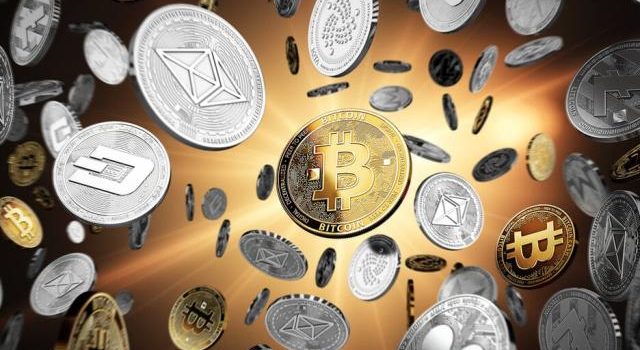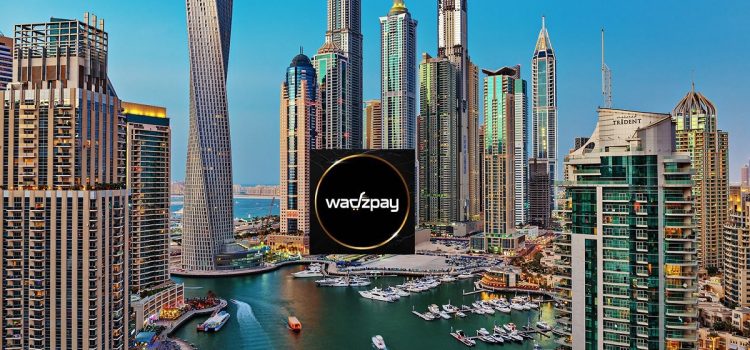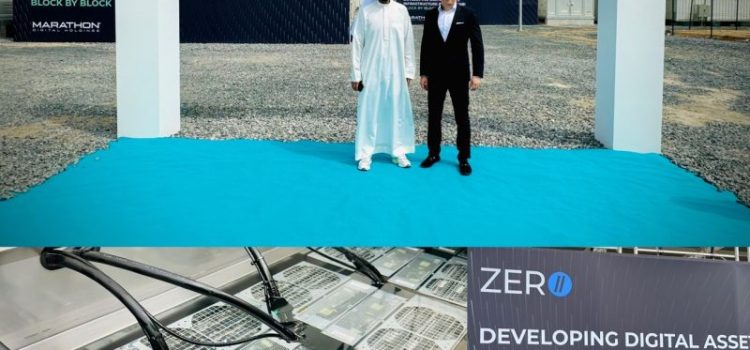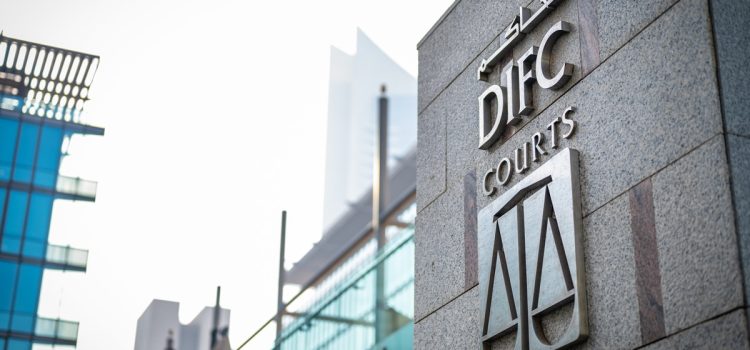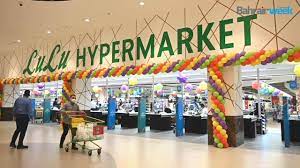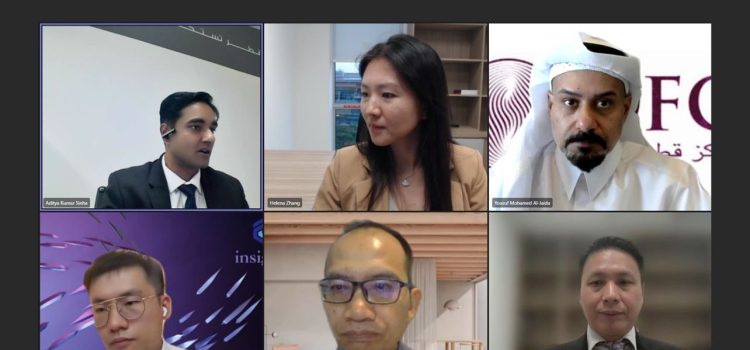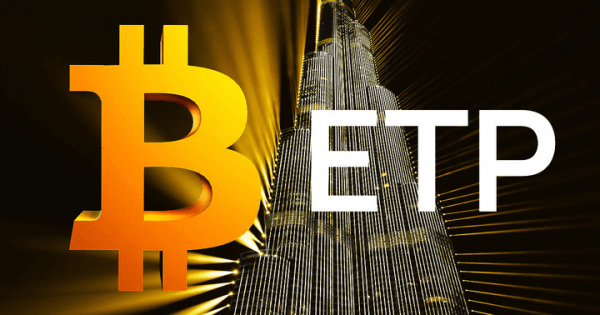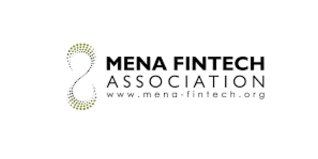
Two new crypto tokens TonCoin (TON), and Ripple’s XRP have joined Bitcoin (BTC), Ethereum, and Litecoin as recognized crypto tokens by the Dubai Financial Services Authority (DFSA), the financial regulatory agency of the special economic zone, the Dubai International Financial Centre (DIFC).
One year since the launch of DFSA the crypto token regime and five crypto tokens can now be utilized by virtual asset firms within the DIFC. License firms will be able to incorporate XRP and TON into their virtual asset services. XRP and TON will be available for use by institutions located in the DIFC to accelerate faster, more efficient global value exchange.
Commenting on the acceptance of XRP in DIFC crypto token regime, Brad Garlinghouse, CEO of Ripple, “Dubai continues to demonstrate global leadership when it comes to the regulation of virtual assets and nurturing innovation. It’s refreshing to see the DFSA encourage the adoption and use of digital assets such as XRP to position Dubai as a leading financial services hub intent on attracting foreign investment and accelerating economic growth. Ripple will continue to double down on its presence in Dubai and we look forward to continuing to work closely with regulators to realize crypto’s full potential.”
The recognition of TON comes a few days after TON set a world record for network speed. The TON team conducted a public test of blockchain speed. The developers reported that in 12 minutes of the experiment about 42 million transactions were performed, and the maximum speed amounted to 108,409 transactions per second.
Under the regime, firms in the Dubai International Financial Centre (DIFC) can apply for and obtain a license to provide financial services with Crypto Tokens in or from the DIFC. The DFSA’s regulatory regime is largely technology-neutral, allowing firms to provide a wide range of financial services with Crypto Tokens.
The framework is designed to accommodate firms who want to operate a Crypto Token market, provide custodial services, manage clients’ assets, establish or manage funds, or provide other financial services. The rules cover a wide range of risks relating to financial crime, technology, governance, custody, disclosure, market abuse and fraud.
Since its inception the crypto token regime has received enquiries from 100+ firms have inquired regarding operating a Crypto Token business, 5 Crypto Token variations were issued (a mix of funds and trading business). In addition one license to offer Investment Tokens was issued (to tokenize units of a fund); and five crypto tokens have now been recognized.
DFSA will be launching its next set of proposals that will focus on custody; financial Crime; Staking for Proof of Stake (PoS) consensus mechanisms; and Fund Management








